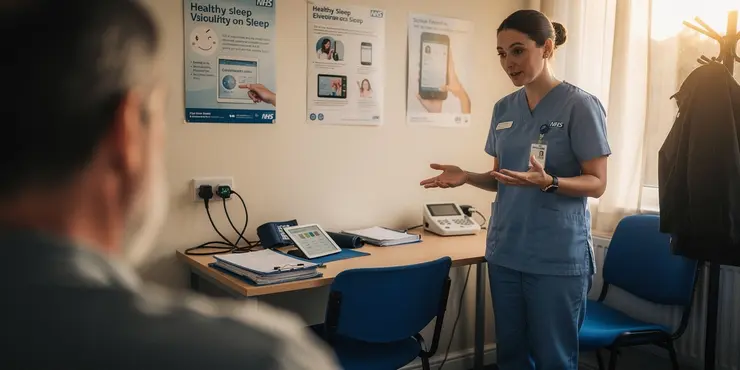
Find Help
More Items From Ergsy search
-
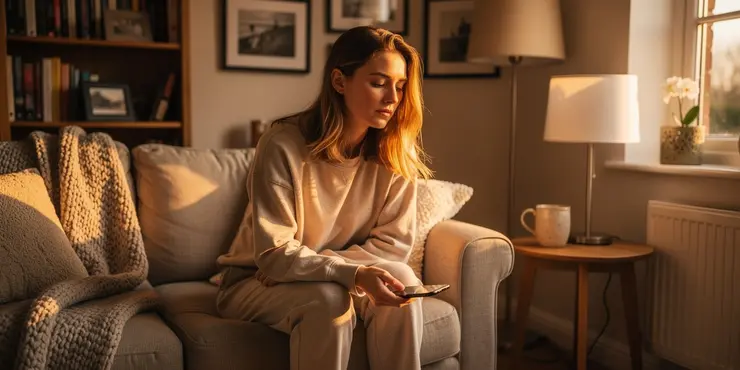
Can reducing screen time improve sleep quality?
Relevance: 100%
-
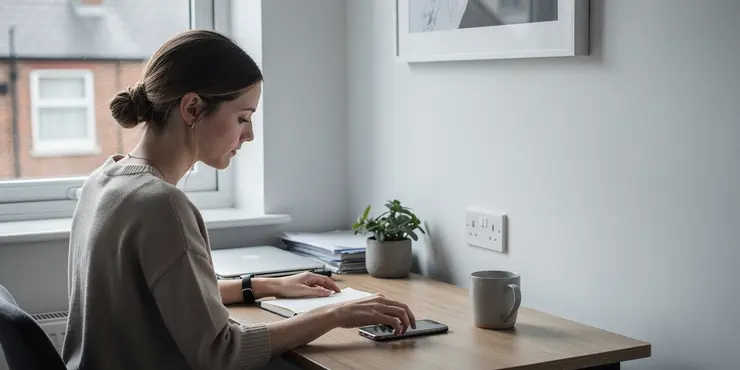
How does screen time affect sleep quality?
Relevance: 100%
-
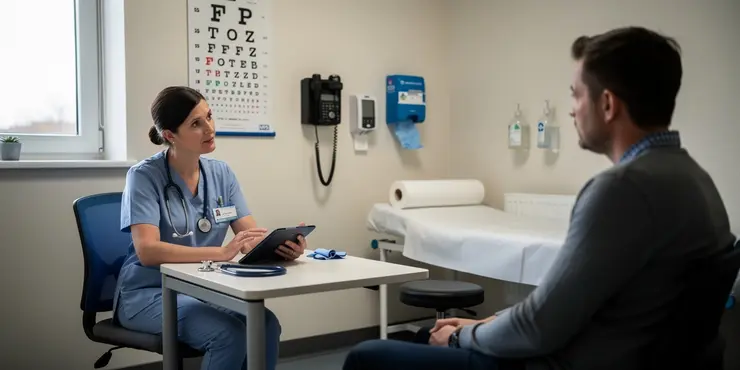
Study Shows Link Between Screen Time and Sleep Quality
Relevance: 97%
-
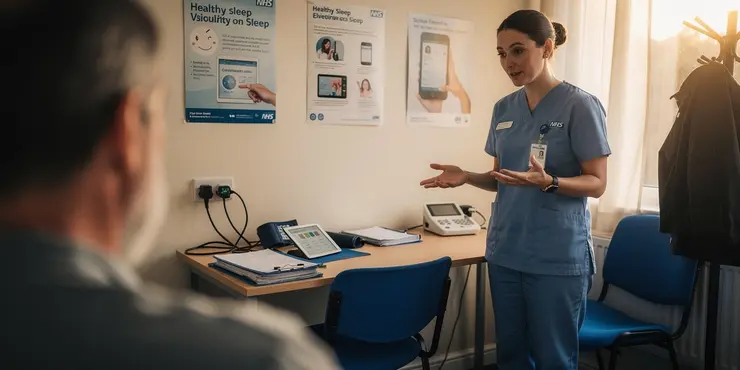
What is the main finding of the study linking screen time to sleep quality?
Relevance: 94%
-
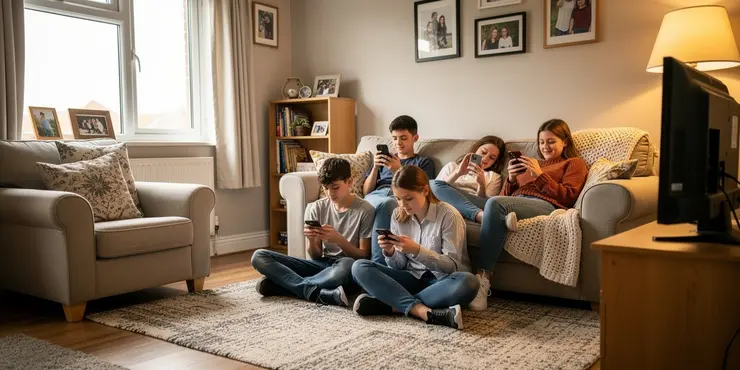
What demographic showed the most significant change in sleep quality due to screen time?
Relevance: 89%
-
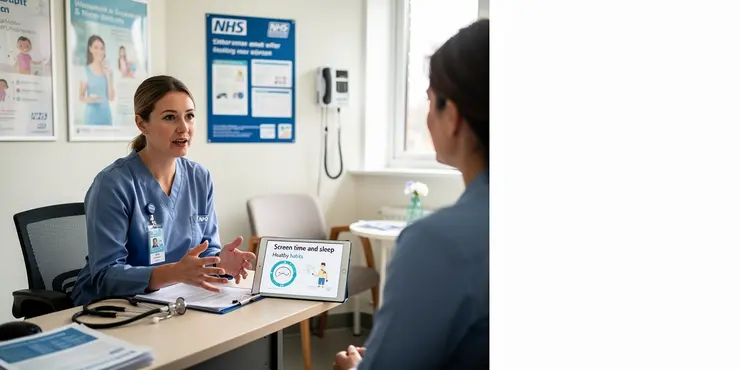
Does screen time impact REM sleep?
Relevance: 83%
-
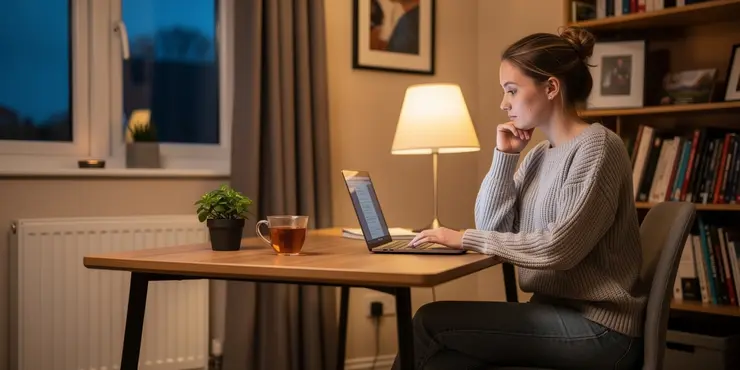
Is blue light from screens a factor in affecting sleep quality?
Relevance: 80%
-
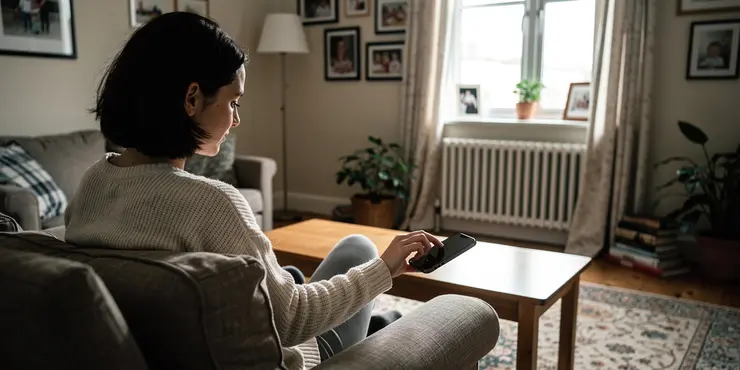
Are there any screen time guidelines recommended for improving sleep?
Relevance: 79%
-
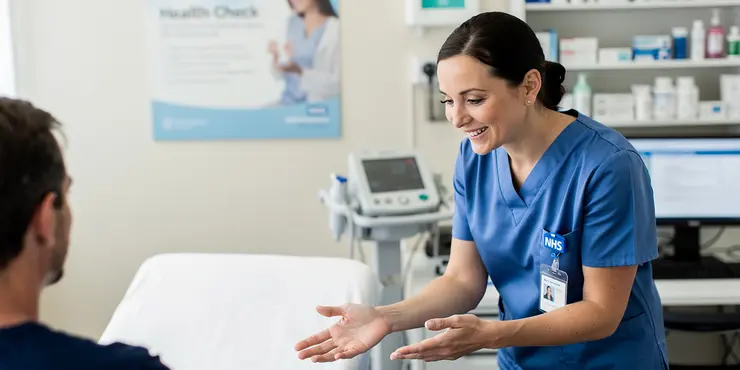
Is there a difference in screen time impact on sleep between weekdays and weekends?
Relevance: 79%
-
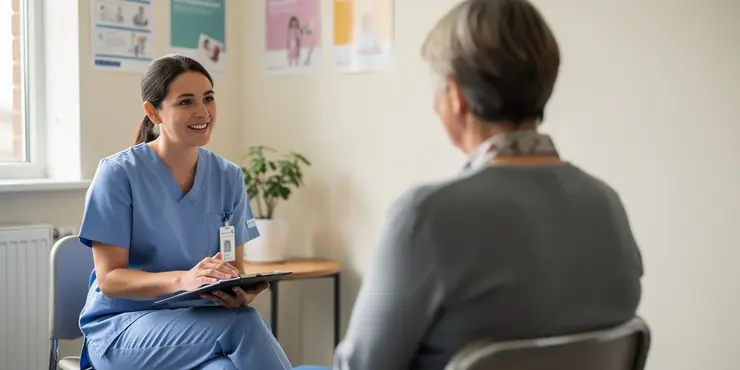
Does screen time affect both sleep onset and sleep maintenance?
Relevance: 78%
-
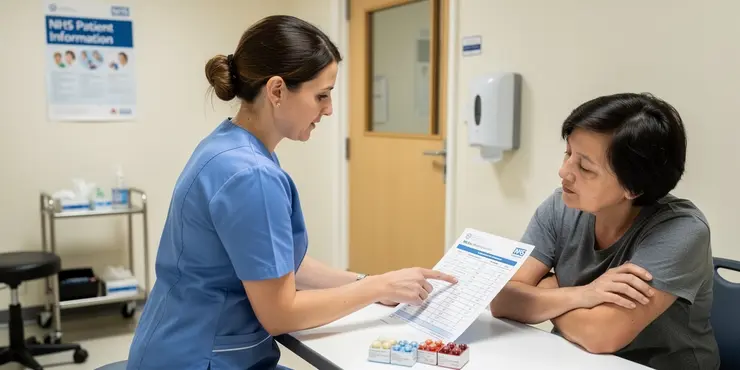
What are some tips for reducing screen time to improve sleep?
Relevance: 77%
-
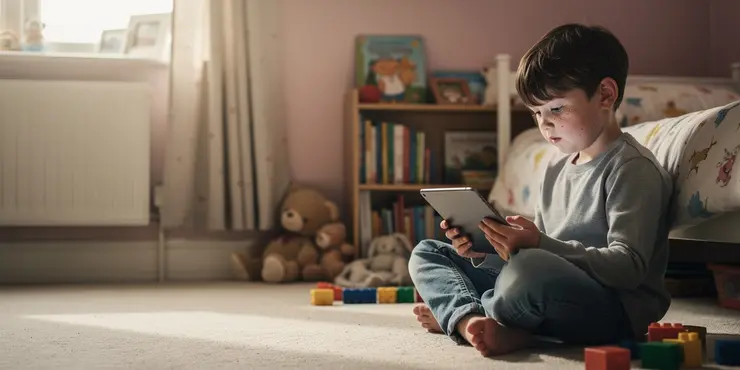
Are children more affected by screen time in relation to sleep than adults?
Relevance: 75%
-
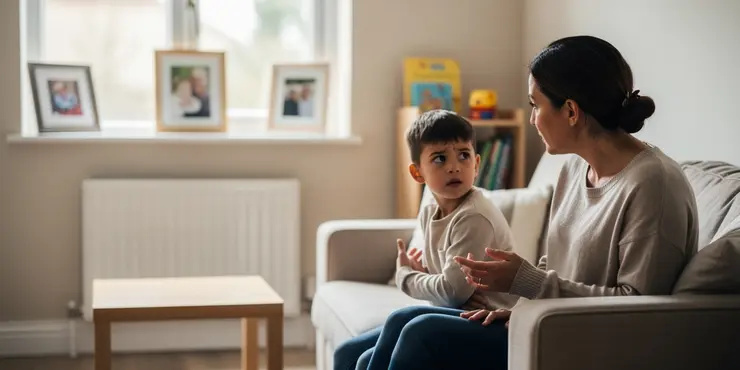
What is the role of parental monitoring in children's screen time and sleep?
Relevance: 69%
-
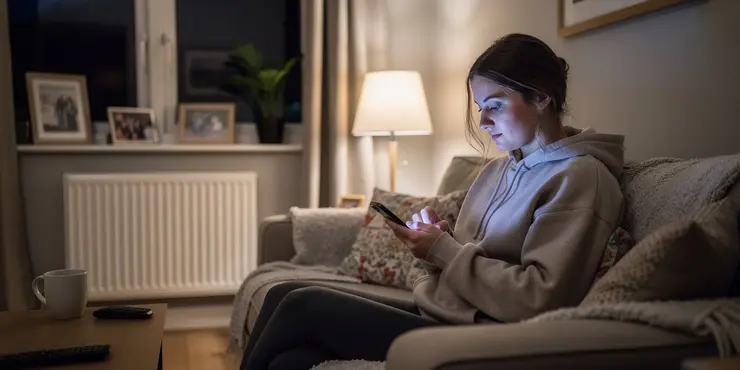
What are some long-term effects of poor sleep quality linked to screen time?
Relevance: 67%
-
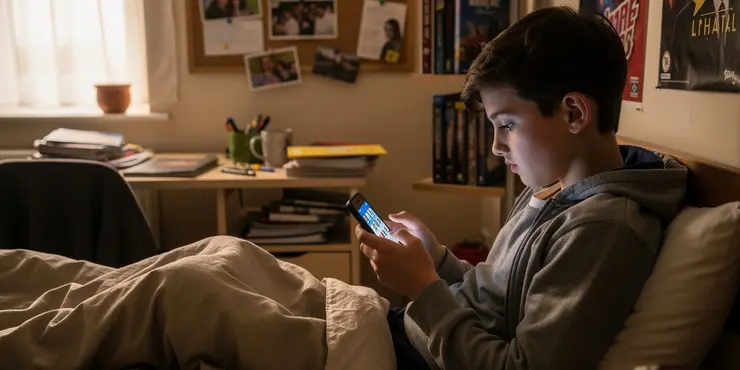
How does screen time before bed specifically affect adolescents?
Relevance: 63%
-
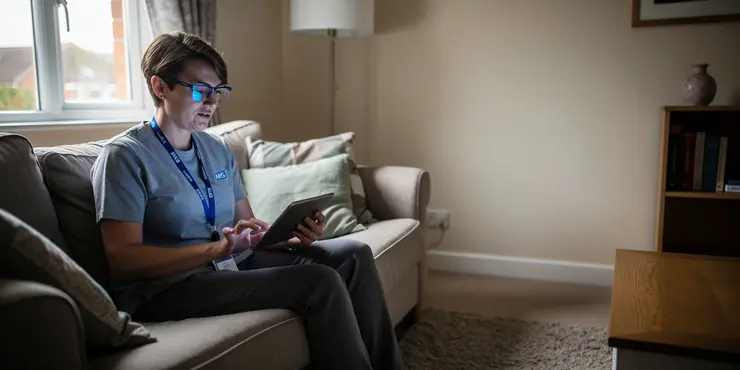
Do mitigation strategies like blue light glasses help improve sleep quality?
Relevance: 63%
-
How does sleep quality relate to menopause symptoms?
Relevance: 59%
-
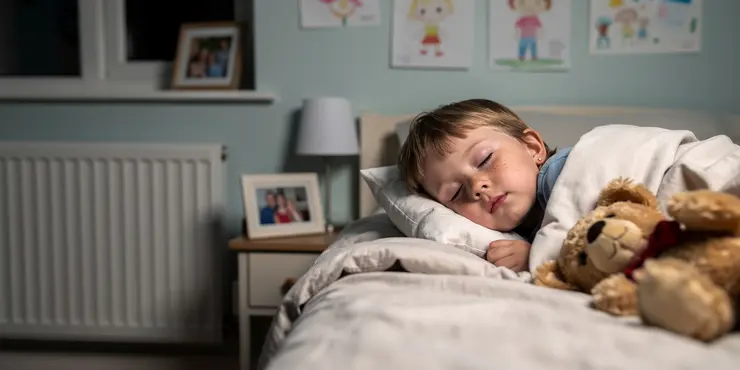
The Importance of Sleep for All Ages
Relevance: 45%
-
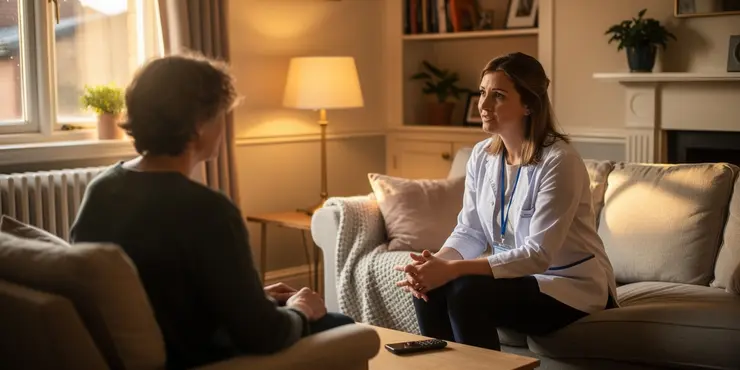
Top Tips to Help You Get a Good Nights Sleep
Relevance: 44%
-
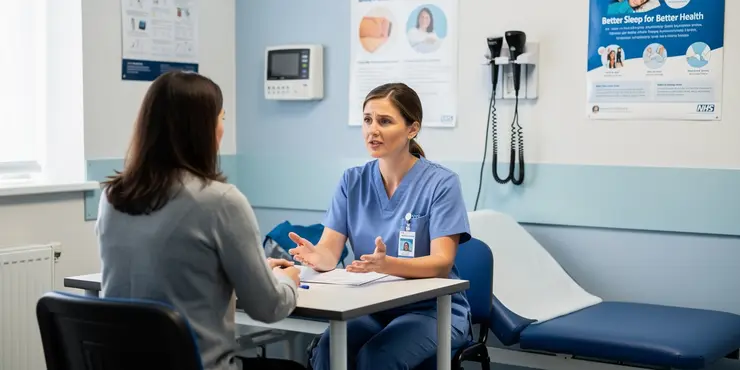
Can alcohol worsen sleep apnea?
Relevance: 39%
-
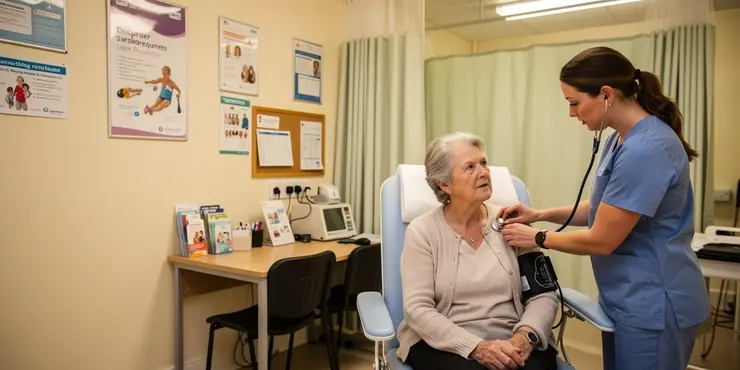
Is it safe to sleep after a concussion?
Relevance: 39%
-
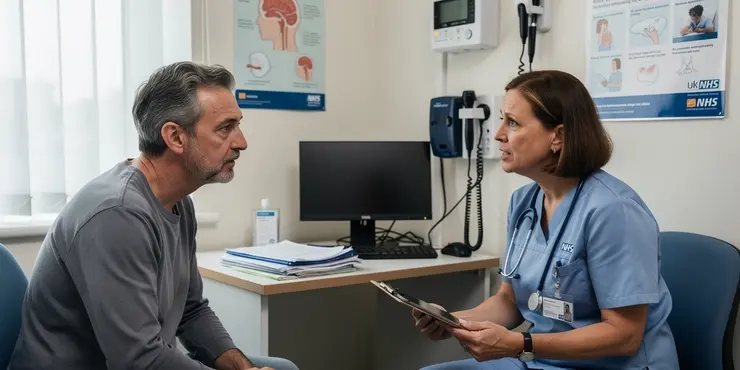
What is sleep apnea?
Relevance: 38%
-
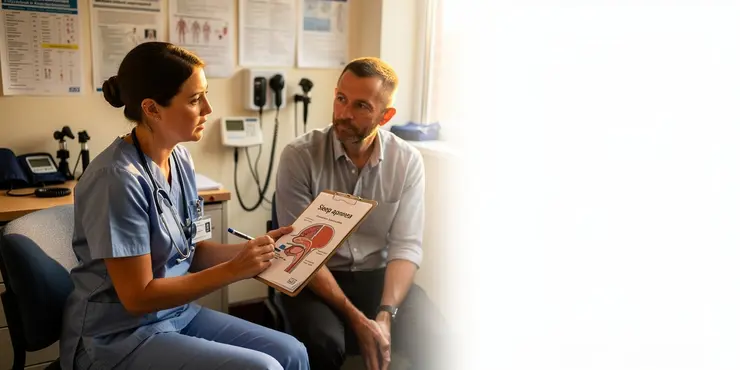
What is sleep apnoea?
Relevance: 38%
-
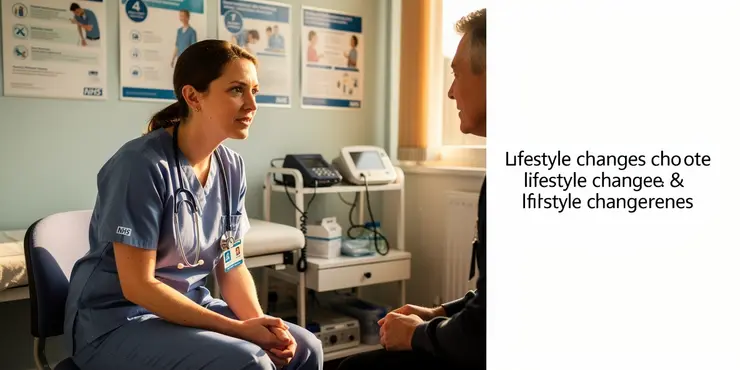
What lifestyle changes can help manage sleep apnea?
Relevance: 38%
-
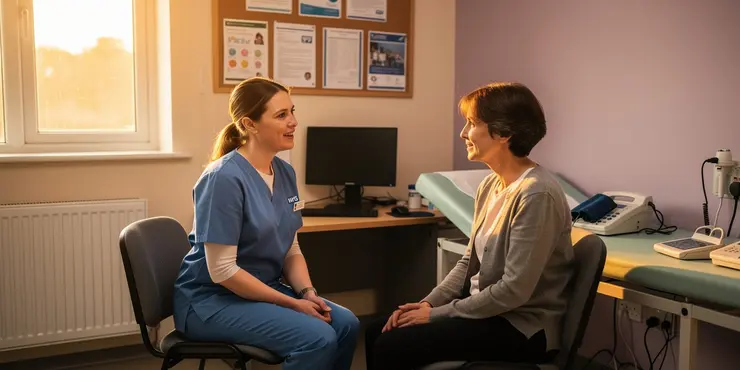
Why is sleep apnea dangerous?
Relevance: 38%
-
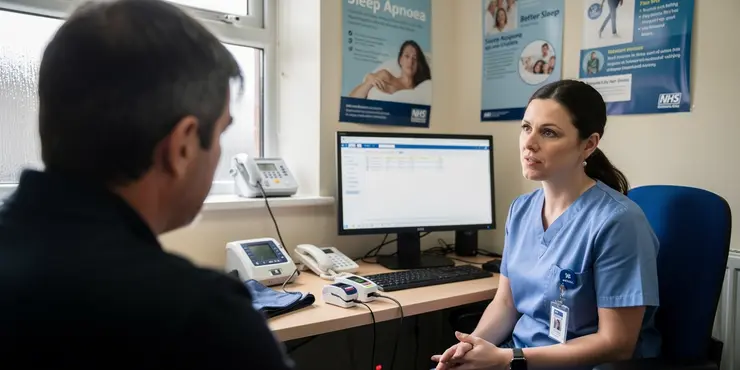
How common is sleep apnea?
Relevance: 37%
-
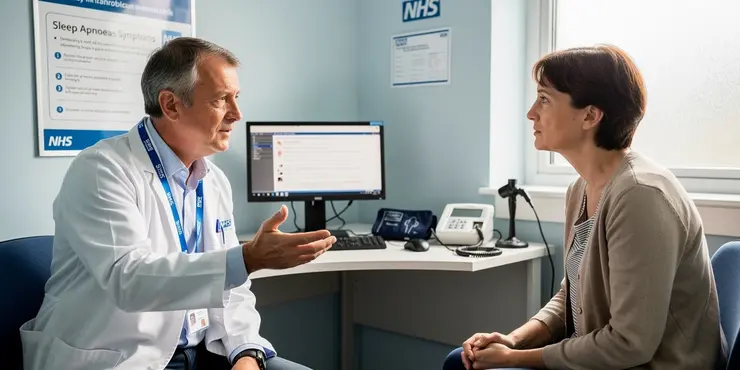
What are common symptoms of sleep apnea?
Relevance: 36%
-
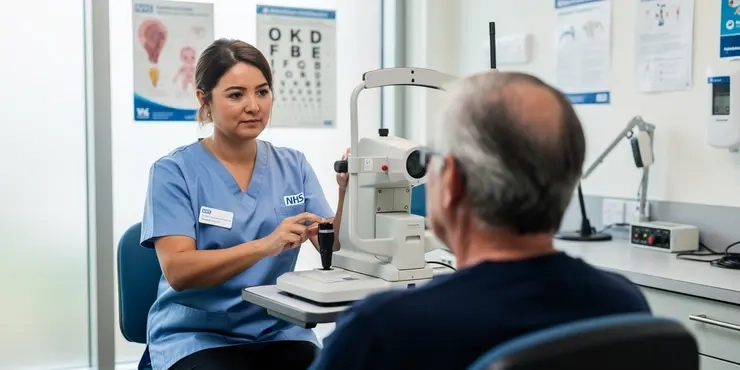
Derbyshire Diabetic Eye Screening - Diabetic Eye Screening
Relevance: 36%
-
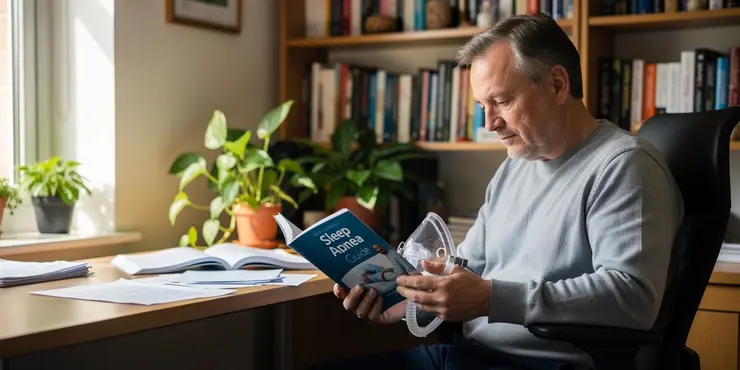
What is complex sleep apnea syndrome?
Relevance: 36%
-
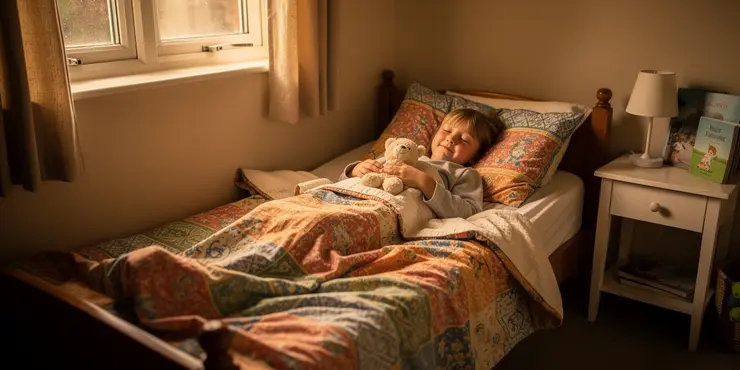
Can children have sleep apnea?
Relevance: 36%
-
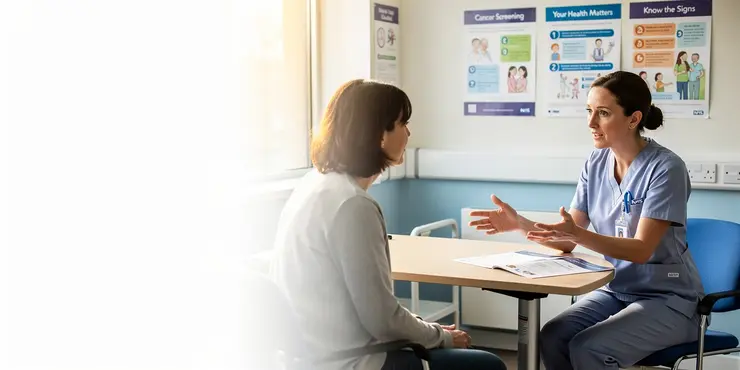
What is cancer screening?
Relevance: 35%
-
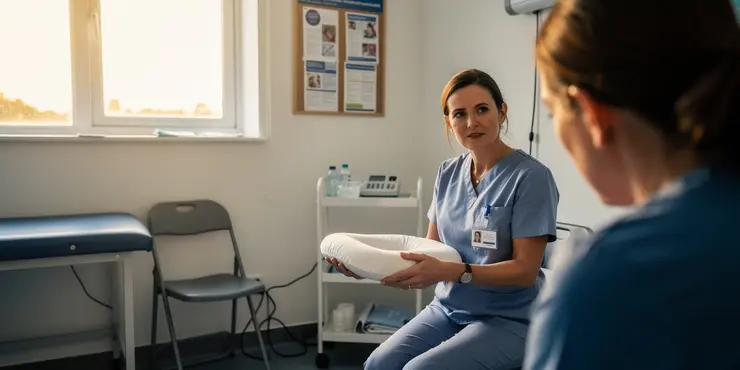
Are there any benefits to using baby sleep pillows?
Relevance: 35%
-
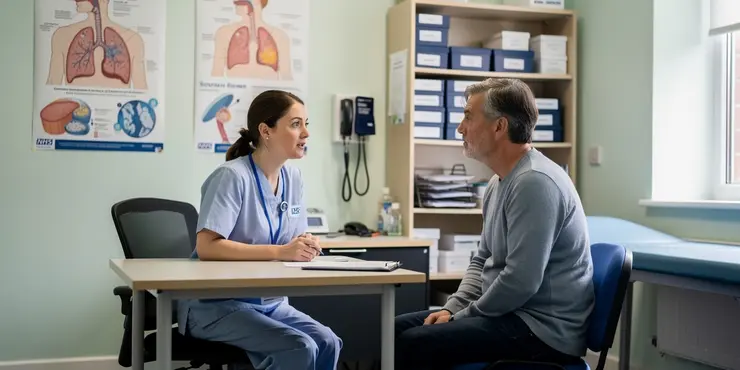
Is snoring always a sign of sleep apnea?
Relevance: 35%
-
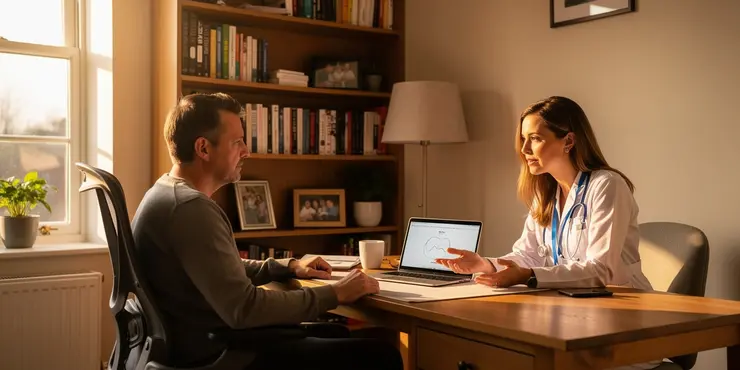
How is sleep apnea diagnosed?
Relevance: 35%
-
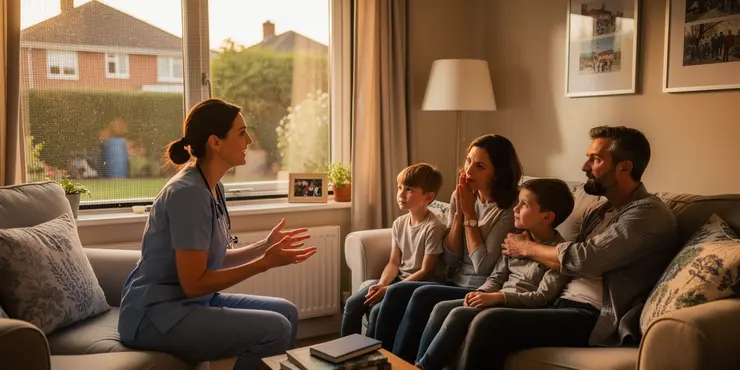
Are mosquito window screens effective in the UK?
Relevance: 35%
-
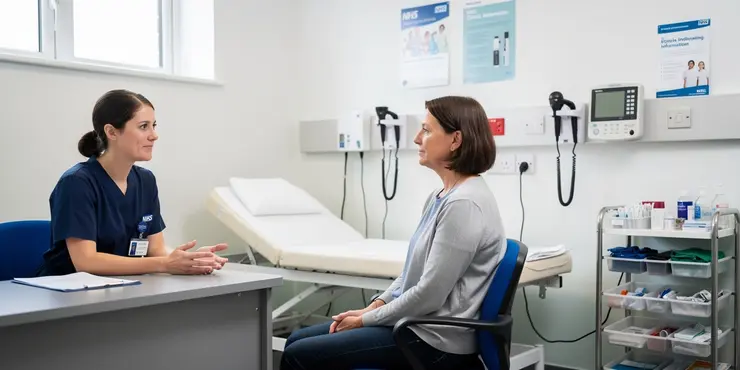
What is complex sleep apnea syndrome?
Relevance: 35%
-
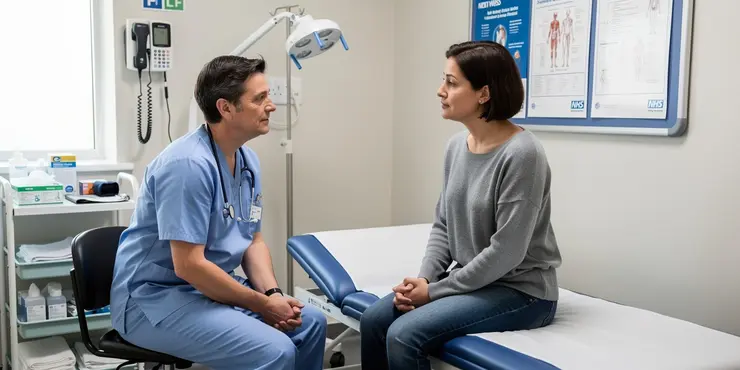
What should I do if I suspect I have sleep apnea?
Relevance: 34%
-
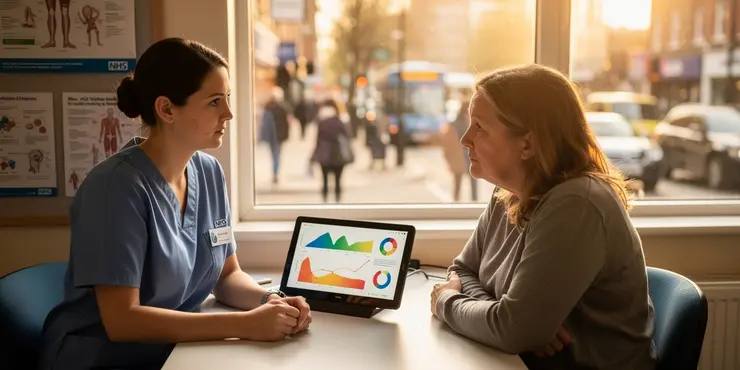
Is UK air quality changing?
Relevance: 34%
-
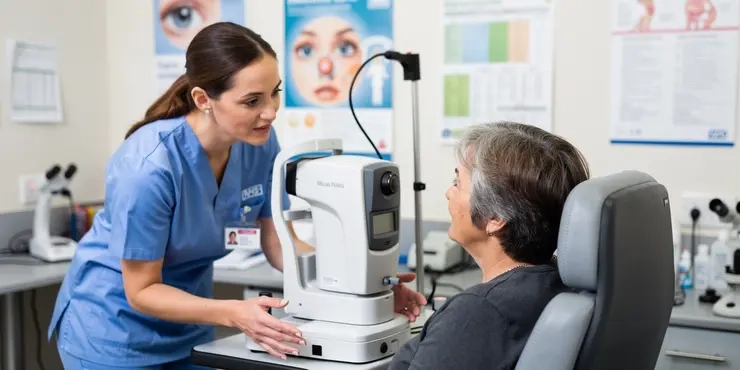
Diabetes Eye Screening
Relevance: 34%
-
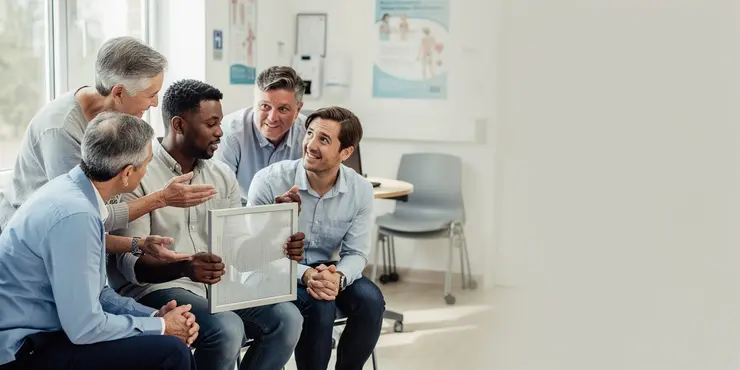
Are there eco-friendly mosquito screen options?
Relevance: 34%
The Main Finding of the Study Linking Screen Time to Sleep Quality
Recent research has unveiled a significant correlation between screen time and sleep quality, shedding light on the ways in which increased use of electronic devices can adversely affect sleep patterns. This study, conducted by a team of researchers from a leading UK university, provides compelling evidence that individuals who spend excessive time on screens, particularly before bedtime, are more likely to experience disrupted sleep.
The research highlights that the blue light emitted from screens is a primary factor contributing to poorer sleep quality. Blue light interferes with the production of melatonin, the hormone responsible for regulating sleep-wake cycles. When melatonin production is suppressed, individuals may find it more difficult to fall asleep or achieve restful, uninterrupted sleep. The study emphasises that even devices with smaller screens, such as smartphones and tablets, can have a significant impact on sleep when used in the evening hours.
Another critical finding from the study is the behavioural component of screen time. The engaging nature of digital content, from social media to streaming services, can lead to prolonged device use and the delay of bedtime. The research notes that individuals often lose track of time while engaged with screens, leading to reduced sleep duration and an increase in sleep-related issues such as insomnia. The interplay between screen content and sleep is particularly pronounced among adolescents and young adults, who report higher levels of screen time usage.
The study also explored the implications of screen time on different demographic groups. For instance, children and teenagers are especially vulnerable to the negative effects of excessive screen use on sleep due to their developmental need for sufficient and quality sleep. Meanwhile, adults who have long working hours and use screens for both work and leisure purposes are also at risk of experiencing disturbed sleep patterns.
The findings from this study suggest practical measures to improve sleep hygiene by managing screen time. Recommendations include limiting the use of electronic devices before bed, using features like 'night mode' to reduce blue light exposure, and establishing a consistent bedtime routine that minimizes screen interaction. By implementing these strategies, individuals can potentially mitigate the adverse effects of screen time on sleep quality.
This study adds to a growing body of evidence emphasizing the importance of mindful screen usage, particularly as digital devices become an increasingly integral part of daily life. As awareness spreads regarding the impact of screen time on sleep, it is hoped that individuals will become more conscious of their habits and take steps to improve their sleep health, thereby enhancing overall well-being.
What We Learned About Screens and Sleep
A new study shows that spending a lot of time on screens can affect how well we sleep. This research was done by smart people at a big UK university. They found that using phones, tablets, or computers a lot, especially at night, can make it harder to sleep.
Screens give off something called blue light. Blue light makes it harder to sleep because it stops our bodies from making a special chemical called melatonin. Melatonin helps us sleep. If we don't make enough melatonin, we can't fall asleep easily or sleep well. Even small devices like phones or tablets can stop us from sleeping well if we use them at night.
Another big problem is that the fun stuff on screens, like social media or TV shows, makes us stay on them longer. This can make us forget to go to bed on time. If we sleep less, we might get problems like not being able to sleep at all. This problem is bigger for teenagers and young adults because they use screens more.
The study also talks about how different people are affected. Kids and teenagers need good sleep for growing, so they should really watch their screen time. Adults who use screens for work and fun can also have trouble sleeping if they don't take breaks from screens.
The study suggests ways to help us sleep better by using screens less. We can try to stop using screens before bed. We can use things like 'night mode' on devices to see less blue light. It's also good to have a regular bedtime routine without screens. These things can help us sleep better, even if we use screens a lot.
This study is one of many that shows why we should be careful with how we use screens. As more people learn about how screens affect sleep, it's important we think about our screen habits and try to get better sleep. This can make us feel better and be healthier overall.
Frequently Asked Questions
What is the main finding of the study on screen time and sleep quality?
The study found that increased screen time is associated with poorer sleep quality.
How does screen time affect sleep quality according to the study?
Screen time, particularly before bed, can interfere with sleep by delaying sleep onset and reducing overall sleep duration.
What are the implications of the study on screen time and sleep?
The study suggests limiting screen exposure before bedtime to improve sleep quality.
Does the type of screen matter in the study's findings on sleep?
Yes, the study indicates that blue light emitted from screens may disrupt circadian rhythms and affect sleep quality.
What demographic did the study focus on for linking screen time to sleep quality?
The study primarily focused on adolescents and young adults, who are major users of digital devices.
How long should screen time be reduced before bed according to the study?
The study suggests reducing screen time at least an hour before bed for better sleep quality.
What physiological effects of screens were observed in the study related to sleep?
Increased screen time was linked to delayed melatonin release, which is crucial for regulating sleep.
According to the study, what are the behavioral effects of excessive screen time on sleep?
Excessive screen time can lead to irregular sleep patterns and increased alertness before bedtime.
What are some recommendations from the study on improving sleep quality?
The study recommends creating a screen-free bedtime routine and using features like night mode to reduce blue light exposure.
Did the study find a difference in sleep impact between types of digital content?
Yes, interactive content like games may have a greater impact on sleep disruption than passive content like videos.
How is screen time related to sleep onset latency, according to the study?
Increased screen time is associated with longer sleep onset latency, meaning it takes longer to fall asleep.
What is the main health concern related to screen time and sleep quality found in the study?
The main concern is that poor sleep quality can lead to various health issues, including reduced cognitive function and mood disorders.
What is the effect of screen time on sleep duration, based on the study?
Higher screen time is linked to shorter sleep duration, leading to inadequate rest.
How does screen time before bed affect sleep architecture, according to the study?
Screen time can alter sleep architecture by reducing REM sleep and affecting overall sleep cycles.
Does the study suggest any technological solutions to mitigate screen time effects on sleep?
The study suggests using blue light filters and apps to remind users to reduce screen time before sleep.
What psychological effects related to sleep were observed in the study on screen time?
The study noted increased anxiety and stress levels associated with high screen time, contributing to disrupted sleep.
What were the long-term effects of screen time on sleep quality observed in the study?
Chronic screen time exposure was associated with persistent sleep problems and increased risk of insomnia.
What age group is most affected by screen time in terms of sleep quality according to the study?
Adolescents are most affected, as they have high screen exposure and are more vulnerable to sleep disruption.
Did the study find any link between screen time and sleep disorders?
Yes, increased screen time was linked to a higher prevalence of sleep disorders, such as insomnia and delayed sleep phase disorder.
What methodological approach was used in the study to link screen time with sleep quality?
The study used a combination of self-reported surveys and objective measures like actigraphy to assess the impact of screen time on sleep quality.
What did the study find out about screen time and sleep?
The study looked at how much time people spend on screens, like phones and tablets, and how this affects their sleep.
The main thing they found is that if you look at screens too much, it can make it harder to sleep well.
To help you sleep better, try these tips:
- Turn off screens at least one hour before bed.
- Read a book or listen to calming music instead.
- If you need help reading, ask someone to read with you.
- Use apps that remind you to take breaks from screens.
The study found that more time spent on screens can lead to worse sleep.
How does looking at screens affect sleep?
This study looks at whether looking at phones, tablets, or TVs before bedtime makes it hard to sleep well. It might show if the bright screens stop people from sleeping peacefully.
Looking at screens, like phones or tablets, before bed can make it hard to fall asleep. It can also mean you get less sleep overall.
What does the study say about screen time and sleep?
This study looks at screens and how they might affect sleep.
It’s about using phones, tablets, or computers before bed.
The study helps us understand if using screens changes how well we sleep.
Tools and tips:
- Try not to use screens an hour before bed.
- Read a book or listen to calm music instead.
- Ask a grown-up if you need help understanding.
The study says to use screens less before bedtime. This can help you sleep better.
Do different screens affect sleep in the study?
This question asks if using different screens, like phones, tablets, or TVs, changes how they affect sleep.
If you find it hard to read, tools like reading rulers or text-to-speech apps might help.
Yes, the study says that the blue light from screens can mess up your body clock and make it hard to sleep well.
Who did the study look at to see how screen time affects sleep?
This study looked at teenagers and young adults. These are the people who use phones, tablets, and computers the most.
How long should you stop using screens before going to sleep?
Experts suggest turning off screens some time before bedtime. You can set an alarm on your device to remind you. Try using a yellow light filter, too. This helps your eyes relax before bed.
The study says you should stop looking at screens, like phones or tablets, at least one hour before bedtime. This helps you sleep better.
What did the study find about how screens affect sleep?
The study looked at what happens to sleep when people use screens.
Screens can be things like TVs, phones, or tablets.
Using screens can make it hard to fall asleep or have a good rest.
Here are some tips that can help:
- Try to stop using screens at least one hour before bed.
- Read a book or listen to calm music instead.
- Use apps that make the screen darker at night.
Looking at screens too much can make it hard to sleep. This happens because screens stop the brain from making a chemical called melatonin. Melatonin helps us go to sleep.
What happens to sleep if we use screens too much?
Using screens a lot can change how we sleep. Here are some ways:
- It can make it harder to fall asleep.
- We might not sleep as long.
- Our sleep might not be as good.
If you have trouble reading, you can:
- Ask someone to read with you.
- Use tools that read text out loud.
Using screens too much can make it hard to sleep. It can also make it hard to feel sleepy at bedtime.
How can you sleep better? Tips from a study
The study says it's a good idea to have a bedtime routine without screens. You can also use things like night mode on your devices. This helps lower the blue light that screens give off.
Did the study show different effects on sleep from different types of digital content?
This question is asking if different kinds of things we watch or use on screens, like videos or games, change how we sleep.
Here are some tips to understand the study:
- Read Slowly: Take your time to understand each part.
- Ask for Help: Talk to someone if you're unsure about a word or idea.
- Use Pictures: Draw or find pictures to help you think about different digital content and sleep.
- Break it Down: Split the question into smaller parts to make it easier.
Yes, playing games can make it harder to sleep compared to watching videos.
What did the study find about using screens and falling asleep?
The study looked at how using screens, like TVs, phones, or tablets, affects sleep. It found that the more time you spend looking at screens, the longer it might take to fall asleep. This means you could stay awake in bed for a while before you actually fall asleep.
To help with falling asleep faster, you can try stopping screen time at least an hour before bed. You can also turn off blue light on your devices or use special glasses that block blue light. These techniques might help you sleep better!
Looking at screens for a long time can make it harder to fall asleep. It can take longer before you start sleeping.
Here are some tips to help:
- Turn off screens at least 1 hour before bedtime.
- Try reading a book or listening to calm music.
- Make your room dark and quiet.
What is the big health worry in the study about watching screens and sleeping well?
Not sleeping well can make you feel sick. You might find it hard to think clearly or feel happy.
How does using screens affect sleep time, based on the study?
The study looks at how much time we spend on screens, like phones or tablets, and how it changes our sleep.
Using screens a lot can make it harder to sleep.
Here are some tips to help with sleep:
- Turn off screens an hour before bed.
- Try reading a book or listening to calm music instead.
- Keep screens out of the bedroom.
Using screens a lot can make us sleep less and not rest enough.
Does looking at screens before bed change how we sleep?
This question is about how using a phone, tablet, or computer before going to sleep might change how we sleep. The study wants to know if looking at screens before bed makes sleep better or worse.
Tools and Tips:
- Try reading with an adult for help.
- Use pictures or drawings to understand more.
- Make a bedtime plan to help with sleeping better.
Looking at screens can change how we sleep. It can make us have less dream sleep (called REM). It can also change the way we move through different sleep stages.
To help with sleep, try using tools like blue light filters on screens or stop using screens an hour before bed. You can also listen to calming music or stories to relax before sleeping.
Does the study talk about ways to help with screen time and sleep?
The study looks at how screens can make it hard to sleep. It talks about some ways that might help:
- Use apps that change screen light to softer colors at night.
- Set reminders to take breaks from screens.
- Try using special glasses that block blue light.
These tools can help make screen time less of a problem for sleep.
The study says using blue light filters and apps can help. These tools remind people to spend less time on screens before going to bed.
What happened to sleep in the study about screen time?
The study looked at how using screens, like phones and tablets, can affect sleep. Here are some things they found:
- People might find it harder to fall asleep if they use screens a lot before bed.
- Some people might not sleep well after using screens at night.
- Using screens late at night can make people feel tired during the day.
Here are some tips to help with sleep:
- Try turning off screens an hour before bedtime.
- Read a book or listen to calming music instead of using screens.
- Set a regular sleep schedule by going to bed and waking up at the same time every day.
The study found that using screens a lot can make people feel more worried and stressed. This can also make it hard to sleep well.
How does looking at screens for a long time affect sleep?
Looking at screens for a long time can make it hard to sleep. It can also make you more likely to have trouble sleeping, like insomnia.
What age group has the most trouble sleeping because of screen time?
Teenagers have the most trouble because they spend a lot of time looking at screens. This can make it hard for them to sleep.
Did the study find a link between time on screens and sleep problems?
This asks if the study found that using screens, like phones and tablets, is connected to having trouble sleeping. Using simple words helps understand better.
Tip: Try reading with a helper or use a text-to-speech app. These can make reading easier.
Yes, looking at screens for a long time can make it harder to sleep. This can cause problems like not being able to fall asleep easily or staying up too late.
How did the study find out if screen time affects sleep?
The study looked at how screen time affects how well people sleep. To do this, they asked people questions in surveys and used tools that measure sleep, like actigraphy.
Useful Links
This website offers general information and is not a substitute for professional advice.
Always seek guidance from qualified professionals.
If you have any medical concerns or need urgent help, contact a healthcare professional or emergency services immediately.
Some of this content was generated with AI assistance. We’ve done our best to keep it accurate, helpful, and human-friendly.
- Ergsy carfully checks the information in the videos we provide here.
- Videos shown by Youtube after a video has completed, have NOT been reviewed by ERGSY.
- To view, click the arrow in centre of video.
- Most of the videos you find here will have subtitles and/or closed captions available.
- You may need to turn these on, and choose your preferred language.
- Go to the video you'd like to watch.
- If closed captions (CC) are available, settings will be visible on the bottom right of the video player.
- To turn on Captions, click settings .
- To turn off Captions, click settings again.
More Items From Ergsy search
-

Can reducing screen time improve sleep quality?
Relevance: 100%
-

How does screen time affect sleep quality?
Relevance: 100%
-

Study Shows Link Between Screen Time and Sleep Quality
Relevance: 97%
-

What is the main finding of the study linking screen time to sleep quality?
Relevance: 94%
-

What demographic showed the most significant change in sleep quality due to screen time?
Relevance: 89%
-

Does screen time impact REM sleep?
Relevance: 83%
-

Is blue light from screens a factor in affecting sleep quality?
Relevance: 80%
-

Are there any screen time guidelines recommended for improving sleep?
Relevance: 79%
-

Is there a difference in screen time impact on sleep between weekdays and weekends?
Relevance: 79%
-

Does screen time affect both sleep onset and sleep maintenance?
Relevance: 78%
-

What are some tips for reducing screen time to improve sleep?
Relevance: 77%
-

Are children more affected by screen time in relation to sleep than adults?
Relevance: 75%
-

What is the role of parental monitoring in children's screen time and sleep?
Relevance: 69%
-

What are some long-term effects of poor sleep quality linked to screen time?
Relevance: 67%
-

How does screen time before bed specifically affect adolescents?
Relevance: 63%
-

Do mitigation strategies like blue light glasses help improve sleep quality?
Relevance: 63%
-
How does sleep quality relate to menopause symptoms?
Relevance: 59%
-

The Importance of Sleep for All Ages
Relevance: 45%
-

Top Tips to Help You Get a Good Nights Sleep
Relevance: 44%
-

Can alcohol worsen sleep apnea?
Relevance: 39%
-

Is it safe to sleep after a concussion?
Relevance: 39%
-

What is sleep apnea?
Relevance: 38%
-

What is sleep apnoea?
Relevance: 38%
-

What lifestyle changes can help manage sleep apnea?
Relevance: 38%
-

Why is sleep apnea dangerous?
Relevance: 38%
-

How common is sleep apnea?
Relevance: 37%
-

What are common symptoms of sleep apnea?
Relevance: 36%
-

Derbyshire Diabetic Eye Screening - Diabetic Eye Screening
Relevance: 36%
-

What is complex sleep apnea syndrome?
Relevance: 36%
-

Can children have sleep apnea?
Relevance: 36%
-

What is cancer screening?
Relevance: 35%
-

Are there any benefits to using baby sleep pillows?
Relevance: 35%
-

Is snoring always a sign of sleep apnea?
Relevance: 35%
-

How is sleep apnea diagnosed?
Relevance: 35%
-

Are mosquito window screens effective in the UK?
Relevance: 35%
-

What is complex sleep apnea syndrome?
Relevance: 35%
-

What should I do if I suspect I have sleep apnea?
Relevance: 34%
-

Is UK air quality changing?
Relevance: 34%
-

Diabetes Eye Screening
Relevance: 34%
-

Are there eco-friendly mosquito screen options?
Relevance: 34%


